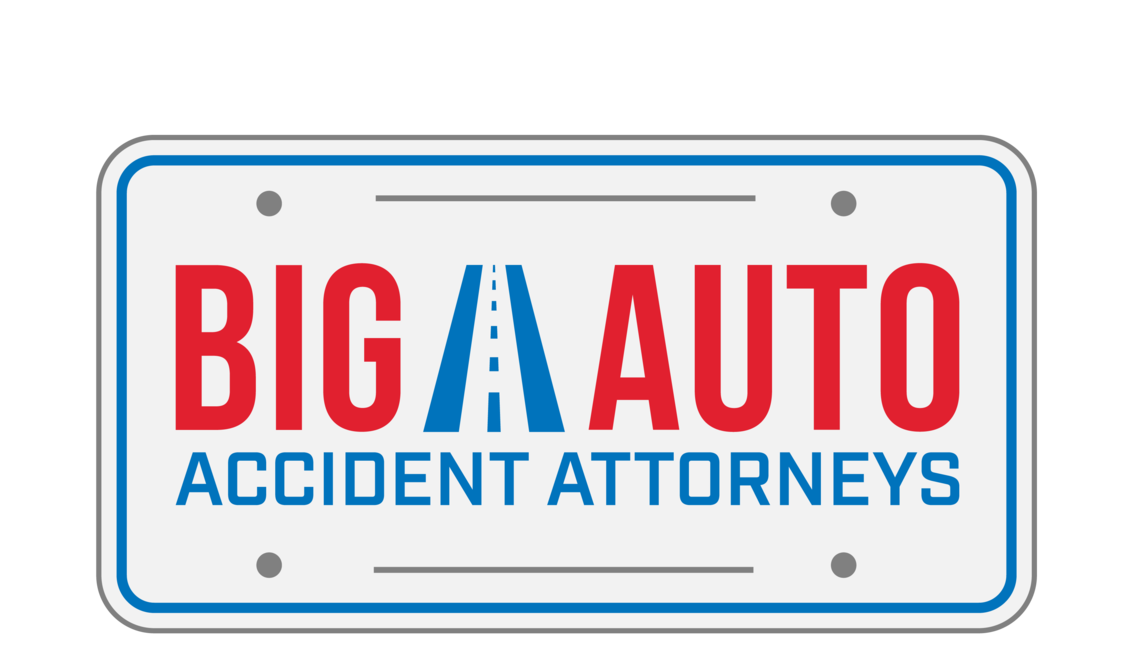Do You Have to Go to Court For a Car Accident?
FREE CASE REVIEW
Millions of car accidents happen in the US each year. While some accidents result in minor injuries and can be resolved through insurance claims or settlements, others may lead to more complicated legal proceedings, including going to court. There are many factors that determine whether you have to go to court for a car accident; the exact answer depends on your unique situation.
Why Courts Get Involved in Car Accidents
When a car accident happens, all involved parties have to navigate various legal and insurance processes to resolve the matter and seek compensation for their damages. Under civil liability laws, individuals who are injured or suffer losses due to another party’s negligence or wrongful actions have the right to seek compensation through the civil court system. This means that going to court is a possibility, but not always a guarantee.
Whether court involvement is required depends on several factors, including the severity of the accident, the extent of the injuries and damages and liability disputes. The willingness of the parties to negotiate and reach a settlement outside of court also plays a major role.
Scenarios Where You May Have to Go to Court
Some car accidents have complex or severe consequences. In these often-challenging cases, going to court is necessary to ensure fairness and accuracy under the law.
Disputed Liability
If there is a dispute over who was at fault for the accident, it may be necessary to go to court to resolve the issue. This often occurs when the parties involved have conflicting accounts of how the accident occurred, and there is insufficient evidence to establish liability conclusively. In such cases, a judge or jury may need to determine fault based on the evidence presented in court.
If you are in a disputed liability case, it is important to collect as much evidence as possible. You can request police reports, accident photographs and other documentation to demonstrate that you are not liable for the accident.
Severe Injuries
Car crashes can cause extreme injuries that can cause long-term pain and disability. When a car crash causes a serious injury, the injured party will often sue for compensation for their present and future medical expenses.
In addition to immediate medical expenses, injured parties can also sue for:
- Lost wages
- Pain and suffering
- Future expenses
- Mental anguish
- Loss of consortium
- Loss of enjoyment of life
- Property damage
These suits must be overseen by the court, unless the parties agree to an out-of-court settlement.
Serious Property Damages
Car accidents that result in significant property damage are more likely to end up in court, especially if the parties involved cannot agree on a fair settlement amount. In these cases, the party suffering the greatest loss often files a lawsuit to seek compensation for their losses and additional costs like lost wages and transportation fees.
Insurance Disputes
Insurance disputes are a common case for the courts. If there are disputes with insurance companies regarding coverage, liability, or the amount of compensation offered, it may be necessary to pursue legal action through the court system. This often occurs when insurance companies deny or undervalue valid claims, forcing the injured party to seek relief through litigation.
There Are Multiple Parties Involved
Accidents involving multiple parties, such as chain-reaction collisions or accidents with multiple vehicles, can complicate the claims process and increase the likelihood of court involvement. Disputes over liability and apportioning blame among the parties may mean that the court must interceed to help solve the matter.
Scenarios Where You Can Avoid Court
Sometimes, a court case isn’t necessary. If you and the other party involved in the crash have one of these scenarios, or are able to reach a settlement, a court case may not be necesary.
Clear Liability and Settlement
In cases where liability for the accident is clear, and the parties involved are able to reach a fair settlement through negotiation or dispute resolution methods such as mediation or arbitration, court involvement may not be necessary. This often occurs when the at-fault party’s insurance company accepts liability and offers a reasonable settlement to compensate the injured party for their damages.
No-Fault Insurance States
In states with no-fault insurance laws, each party’s insurance covers their own medical expenses and damages, regardless of fault. In these states, the threshold for filing a lawsuit or going to court is almost always higher. This is because injured parties must meet specific criteria, such as exceeding a certain threshold of injury or cost, to step outside the no-fault system and pursue a court claim against the at-fault driver.
Pre-Trial Settlement Negotiations
Even in cases where liability is disputed or the injuries are severe, parties may choose to engage in pre-trial settlement negotiations. It lets them avoid the time, expense and uncertainty of going to court. Settlement negotiations allow the parties to reach a mutually agreeable resolution without the need for court intervention, provided both sides are willing to compromise and negotiate in good faith.
Who Decides If I Go To Court?
The determination of whether you have to go to court for a car accident is typically made by you and your legal representative. But you don’t make it alone; you have to work with the other parties involved and insurance companies. If necessary, the court system can be consulted about whether or not a case should proceed.
Even if they don’t go to court, many people find it wise to retain legal representation. Without an attorney, it’s harder to assess whether or not your case should go to court in the first place. Attorneys are also important for exploring various options for resolving the dispute outside of court. Mediation and arbitration both require an attorney.
As you are negotiating with the other parties, you need to consider several factors. These include:
- The strength of your case
- The willingness of all parties to negotiate
- The costs of litigation
- The potential benefits of a lawsuit
- Your priorities and goals for seeking compensation for your damages
For example, you may find that you actually want to go to court if the other party doesn’t offer sufficient compensation. Or perhaps one the benefits of a lawsuit is that it may provide for future medical costs, versus a settlement that has shorter terms of compensation.
While court involvement may be necessary in some cases, you need to weigh the potential risks and benefits carefully and make an informed decision based on your individual circumstances. The decision is complex, and you should consider consulting with an attorney before making any decisions on your own. An attorney can help you understand the various factors that determine court involvement, offer legal guidance when needed and explore alternative dispute resolution methods.
With help, you can navigate the claims process effectively and pursue fair compensation for your injuries and losses potentially without the need for litigation. If you aren’t sure if you need to go to court for your car accident case or not, reach out to Big Auto. Our national team of attorneys evaluate cases all over the country.


